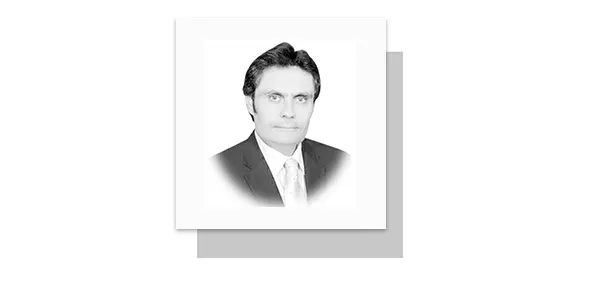THE two-year-old war between Russia and Ukraine shows no signs of ending soon. Rooted in Russian irredentist claims and Ukraine’s hobnobbing with NATO and the West, the conflict persists despite efforts to seek peace. Recently, a peace conference was held in Switzerland in mid-June, organized by Ukrainian President Volodymyr Zelenskyy, who focused on securing high-level international attendance, including from leaders like President Joe Biden and Chinese President Xi Jinping. Notably absent was Russian President Vladimir Putin, reflecting ongoing tension and complex geopolitical dynamics.
Ukraine’s primary aim appeared to be persuading major powers to abandon their neutrality and help convince Russia to end the war. Convincing China to reassess its alignment with Russia may not be possible at the moment. The same holds true for countries economically or politically dependent on Russia. Due to assistance from China and India, as well as improvements in its military industry, the Russian economy has not collapsed under western financial sanctions. Earlier this year, the IMF predicted a growth rate of 3.2% for Russia, higher than that of Britain, France and Germany. Many western imports, sought by the Russian elite, flow in via Dubai and other ports.
The important question is whether a peace conference without Russia could produce meaningful results. President Putin would likely not have accepted the invitation, given the International Criminal Court’s warrant against him. This warrant was issued last year for the war crime of transferring Ukrainian children to Russia. Western hypocrisy is evident in hailing Putin’s indictment while granting immunity to figures like Benjamin Netanyahu despite alleged war crimes. Netanyahu’s regime has reportedly killed children, rather than transporting them to Israel.
Western-designed and propagated ‘rule of law’ appears to apply mainly to Russia and China, with the US and its allies exempt from these standards. Israel’s actions, such as deadly operations against Rafah, do not seem to violate norms established by this ‘rule of law,’ exposing double standards. However, Russia is clearly the aggressor in the Ukrainian war. Historical paranoia about Western influence and US efforts to lure Kiev do not justify Russia’s aggression.
Fortunately, the invasion initially went poorly for Russia. But recently, the tide seems to have turned against Ukraine, alarming the US and NATO. They are openly considering deploying ‘military trainers’ within Ukraine and the US is debating whether to allow US-supplied weapons to target Russian territory, which could expand the conflict regionally or even internationally. The intention to unfreeze $260 billion of Russian funds in western banks and give it to Ukraine as a loan is also unwise, as it will antagonize Russia and hinder conflict resolution.
President Putin has recently sacked his defence hierarchy, ostensibly for corruption and incompetence. President Zelenskyy has also purged his personal bodyguard due to suspicions of an assassination plot. These incidents remind us that both countries have much in common beyond the historical connections exaggerated by Putin and downplayed by rulers in Kiev. Indications suggest that territorial concessions to Russia could help end the war. Speculations include giving areas like Crimea and Donbas, with substantial Russian populations, to Russia, possibly satiating its expansionist appetite.
Leaders like Chinese President Xi Jinping and Pope Francis believe that reasonable territorial concessions are an acceptable price for peace. Reports suggest Donald Trump also agrees with this proposal. For Ukraine, this would be a bitter pill, tantamount to rewarding aggression. However, the crucial question is whether there is a better alternative to ensure more Ukrainians do not perish. Conflicts like the Russian invasion of Ukraine and Israel’s aggression against Palestinians challenge faith in organizations like the UN, established to prevent war and uphold the sovereignty and dignity of smaller nations. Larger powers like the USA, China and Russia owe it to the world to help build a law-based order where disputes are resolved civilly, without resorting to war.
—The writer, based in Islamabad, is a former Health Minister of KP.










